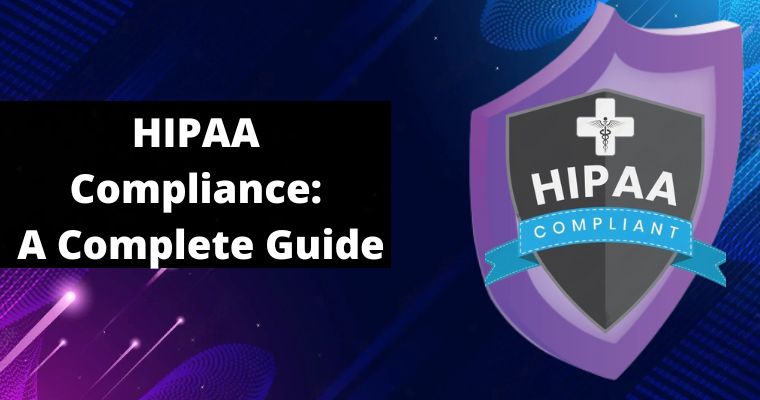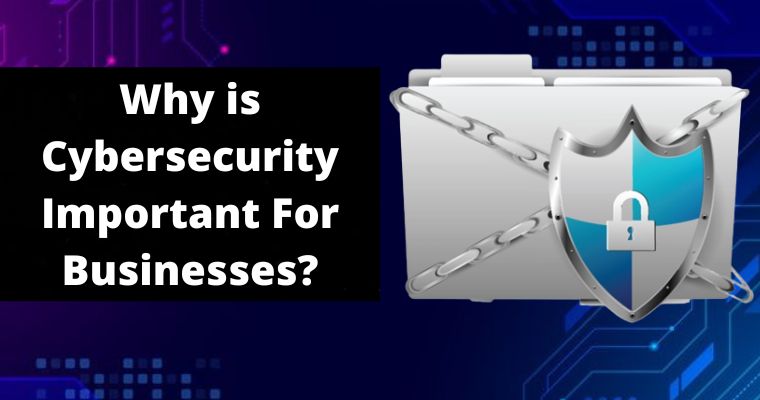The WiFi icon on your device will let you know if it is connected to wireless internet. However, if you are using cellular internet (also known as Mobile data) if you don’t see the icon and instead see bars with “3G,” “4G,” or even “5G” in them.
By this point, WiFi is common knowledge. Nevertheless, for your convenience, here is a quick review of what WiFi is, where you might use it, and why:
Table of Contents
Where and Why Do You Use WiFi?
WiFi is a technology that lets you connect wirelessly to the internet. You most certainly have access to WiFi almost wherever you go. You will specifically use WiFi either at home or in public. A must-have is WiFi security. It’s crucial to ensure that the network you are using is secure.
Make sure your network is safe, even if it is just your home network. Before connecting to a public network, be sure you are safeguarding yourself because public WiFi is also dangerous.
Were you to use WiFi? primarily because it is practical. With WiFi, you can simultaneously connect a number of devices to a network. Points to be remembered when you use WiFi
- The wireless network is safe.
- You desire a quicker internet connection.
- The WiFi signal on your phone is strong.
- You are watching a video on a limited cellphone data plan while traveling internationally outside of your country of residence.
However, if and when WiFi is unavailable, you can use your smartphone or tablet to access cellular internet (also known as cellular data).
Utilise Mobile Data when and where?
Cellular data allows you to connect to the internet via your phone’s signal, as opposed to WiFi, which uses your router. It follows that you would probably use your cellular internet if you were not at home or close to your router to use your home network and if you were not using a public WiFi network. When using cellular data, remember to:
- You are only able to connect to unsecured networks or public WiFi.
- Slow WiFi connectivity
- Your WiFi signal is ineffective.
- You reside in your native nation.
- You have a mobile data plan with no data cap.
As we previously mentioned, if WiFi is not available to you, you may use cellular internet. There are several reasons why that might be. You can use WiFi on some devices exclusively, whereas WiFi and cellular data (3G, 4G, and occasionally 5G) are both supported by other devices.
The best of both worlds is yours if you have a device that can access cellular data. So that you can choose which is ideal for you and when, let’s now compare the advantages and disadvantages of WiFi and cellular internet.
List out the advantages and Disadvantages of Wi-Fi
The Pros:
- Various devices with wireless internet access
- And the greater speed of the internet
- Can help save money due to the high cost of cellular data with a limited supply.
- Can enable financial savings for foreign travel
- Is able to be quicker than cellular data.
The Drawbacks:
- Calls for a router
- Limited range; requires a network connection to access the internet
- Risks to privacy
List out the advantages and Disadvantages of Mobile Data
The Pros:
- Internet access via wireless.
- not WiFi or a router necessary to connect to the internet.
- The range is unbounded.
- Improved protection for privacy.
The Drawbacks:
- Only mobile devices can connect to wireless internet
- It can be costly to use overseas data plans.
- Unless you have an unlimited data plan, you must monitor your data usage.
- In order to use cellular data on your phone, you must have a plan.
- Internet access requires being near a cell phone tower.
Cellular Internet and Wireless Internet (WiFi) have certain similarities.
Because they both provide wireless internet connections, WiFi and cellular internet are comparable. Is one superior to the other? Possibly not. Both are favorable and adverse.
But the other steps in to save the day when the first is not the greatest choice for your internet activities such as reviewing critical information on a public WiFi network. It is advantageous to use cellphone internet instead.
Since WiFi is wireless, widely available, and less expensive than cellular data, it ultimately gives you greater freedom to connect to the internet. When you are not using your home network, it is important to be aware of your other available internet connection options.
Always prioritize safety and awareness. You should now have a better understanding of the differences between WiFi and cellular Internet.
Comparing WiFi Radiation To Cellular Radiation (4G, GSM, etc.)
Your exposure to radiation will vary depending on a few different circumstances, including:
- The signal’s intensity.
- The range that they can cover.
- How near our bodies they are emitting.
When comparing wifi signals to cellular connections, it’s crucial to take these three factors into account. These three elements will be discussed once again. Now that we know how much radiation you can potentially be exposed to from wifi and cellular signals, let’s compare them.
Let’s start by examining how using Wi-Fi or cellular networks while connected to a smartphone affects you personally. Both the phone itself and the router/cell towers will emit radiation, regardless of whether you choose to connect your phone to a wifi router or a cell tower.
When determining how much radiation you will be exposed to, there are 3 main criteria that are important to consider
How Far are you from the Signal?
Your smartphone’s RF radiation signal will be greater the further you are from the signal’s source. Although being far from a network or cell tower’s radiation is beneficial, you should expect your phone’s radiation to increase the further you are from the signal.
This is due to the fact that your phone is always attempting to connect to the network or cell tower, and if they are positioned far away, your phone will turn up the signal to its highest level of exposure.
So, in a sense, it makes sense to keep as far away from Wi-Fi and mobile towers as you can. Your own device, however, will also be constantly connected to the signal and produce more or less radiation in close proximity to your body.
The best course of action in this situation is to ensure that you are at least 10 to 15 feet away from your wireless router and as far away from the cell tower as you reasonably can be.
Compared to your smartphone’s radiation, the signal from cell towers is far stronger. In order to assist your smartphone reduce the signal (by gaining a better connection), moving closer to a cell tower doesn’t actually make sense. Always attempt to keep yourself far away from phone towers.
How far can wireless and cell tower signal travel?
Cell towers can transmit signals closer to 20 miles away whereas WiFi routers normally have a range of about 150 feet. Both of them produce RF radiation, but only the cell towers can enable wireless smartphone connections thanks to their significantly stronger signals.
Most routers that we use in our homes and offices are easily able to reach distances of up to 150 feet (46 meters). Unless the signal is traveling through brick walls.
Since the Wi-Fi router does emit an extremely potent RF radiation signal, you should keep a minimum of 10 to 15 feet (3-4.5 meters) between you and it. The same definitely applies to cell towers, which are significantly more powerful.
When it comes to radiation in our urban surroundings, cell towers are one of the primary pollutants.
How Far Away from Your Body Is The Signal Emitted?
The distance between you and the router or the mobile tower is the last item we need to think about. Radiation intensity increases with distance from the router. As I said before, you must include an additional distance of at least 10-15 feet.
This will lower the radiation level below the safe limits established by the building scientists.
If you keep this in mind, you should be fine unless you have a router with an incredibly strong signal or a wifi extender or access point that brings the signal closer to you.
Wrapping Up
As was already mentioned, the further you are from the cell tower, the stronger the signal your smartphone will increase to try and pick up any signal it can. Depending on how far it is from a cell tower, the phone modifies its output.


